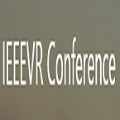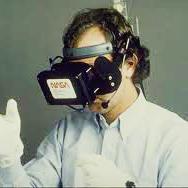In virtual reality applications, users often navigate through virtual environments, but the issue of physiological responses, such as cybersickness, fatigue, and cognitive workload, can disrupt or even halt these activities. Despite its impact, the underlying mechanisms of how the sensory system encodes information in VR remain unclear. In this study, we compare three sensory encoding models, Bayesian Efficient Coding, Fitness Maximizing Coding, and the Linear Nonlinear Poisson model, regarding their ability to simulate human navigation behavior in VR. By incorporating the factor of physiological responses into the models, we find that the Bayesian Efficient Coding model generally outperforms the others. Furthermore, the Fitness Maximizing Code framework provides more accurate estimates when the error penalty is small. Our results suggest that the Bayesian Efficient Coding framework offers superior predictions in most scenarios, providing a better understanding of human navigation behavior in VR environments.
翻译:暂无翻译





